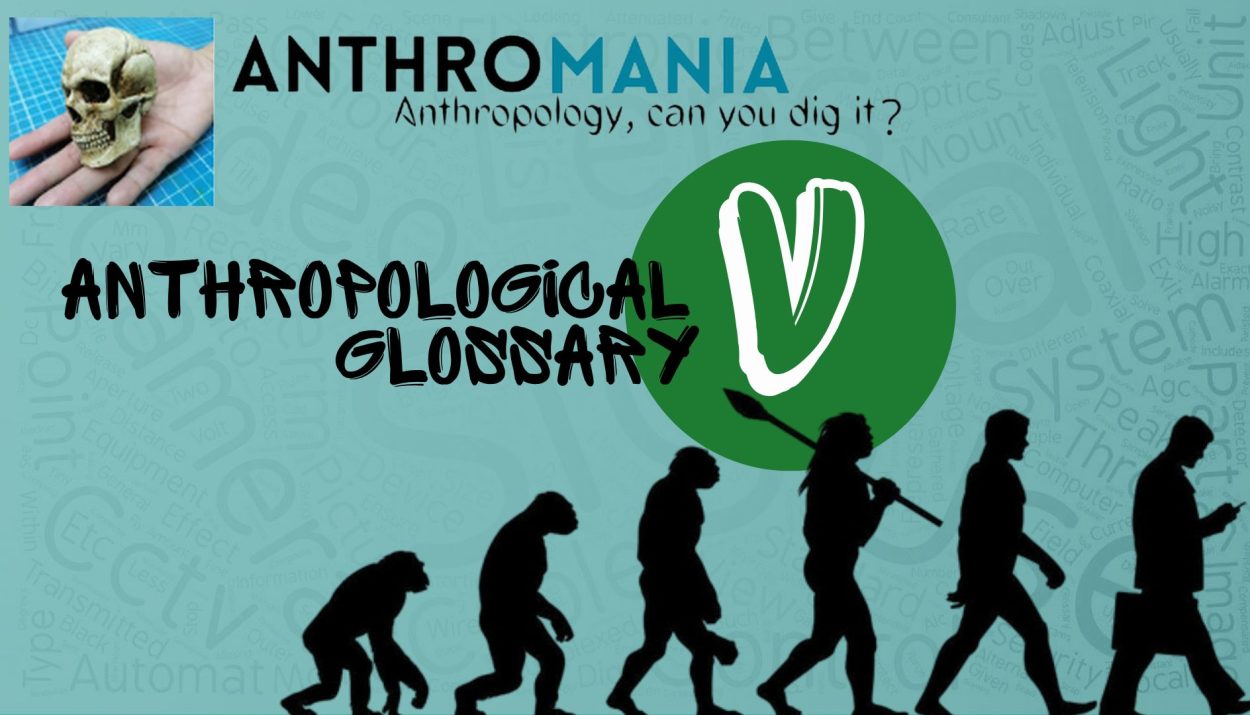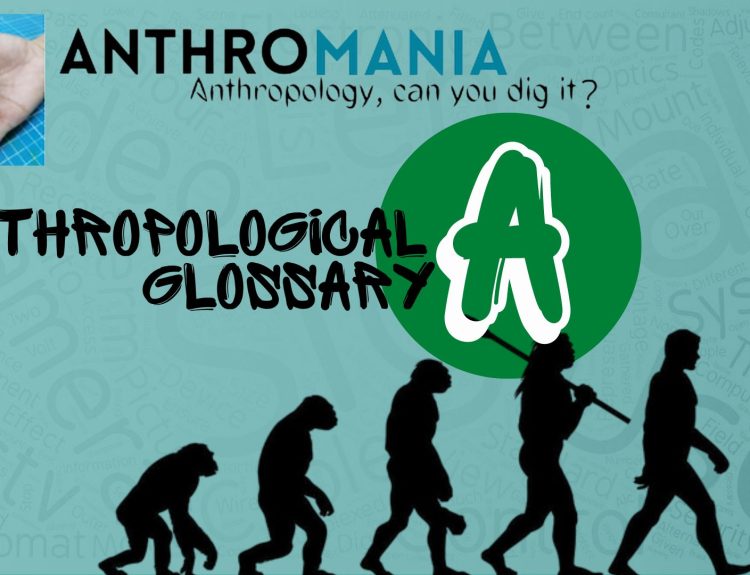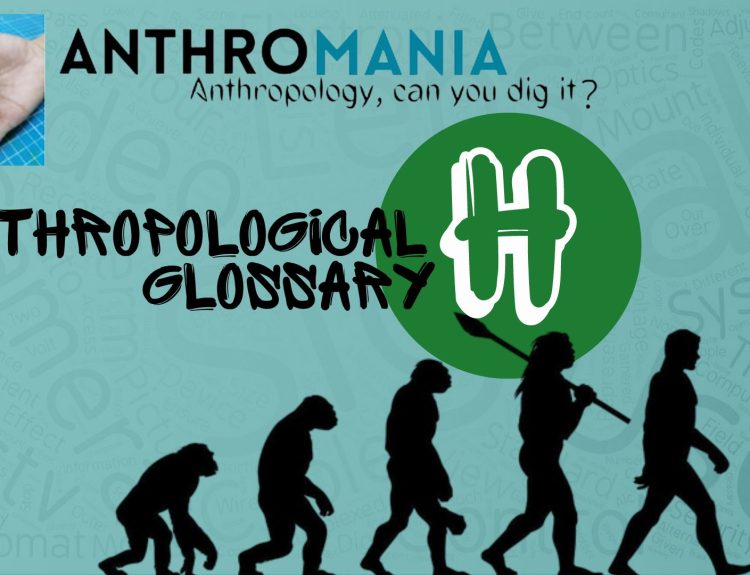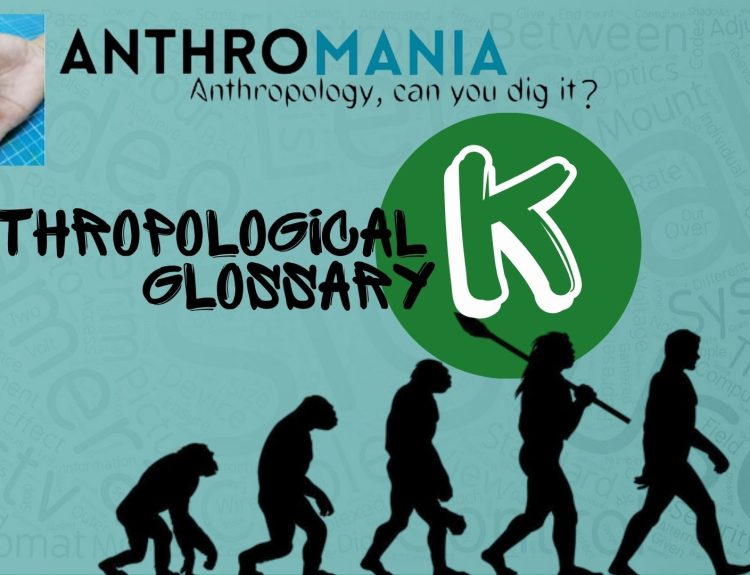Explore essential anthropological terms (Letter V) and concepts from “Value System” to “Votive Offering” in our comprehensive glossary. These terms provide a more comprehensive understanding of anthropological concepts and practices related to culture, society, and research methods. They reflect the diverse aspects of human life and the various approaches used by anthropologists to study and interpret them.
Vanaprastha Ashram: The third of the four Ashrams in Hinduism. It represents the forest-dweller or retirement stage of life.
Vandalism: Vandalism is the act of willfully destroying or defacing cultural heritage sites, artefacts, or public property, often as a form of protest, mischief, or aggression.
Value Judgment: A value judgment is an evaluation or assessment of something based on cultural or personal values. Anthropologists strive to be aware of their own value judgments and biases when studying other cultures.
Value System: A value system is a set of cultural or societal beliefs, principles, and ethical guidelines that influence individual and collective behaviour. It informs how people prioritize and make decisions.
Variable: In anthropology, a variable is a factor or attribute that can change and be measured, observed, or analyzed in research.
Variability: Variability in anthropology refers to the diversity and variation within a cultural, social, or biological context. Anthropologists examine the range of differences and similarities within and among societies.
Veneration: Veneration refers to the deep respect and reverence shown to ancestors, deities, or other important figures in a culture. It often involves rituals, offerings, or ceremonies to honour these entities.
Vernacular: Vernacular refers to the common, everyday language spoken by a particular group or community, distinct from formal or standardized languages.
Vernacular Architecture: Vernacular architecture refers to traditional, locally adapted building styles and techniques. It reflects the cultural, environmental, and historical context of a specific region or community.
Vertical Mobility: Vertical mobility is the movement of individuals or groups within a social hierarchy, either upward or downward. It reflects changes in social status, such as moving from a lower socioeconomic class to a higher one or vice versa.
Vestiges: Vestiges are remnants or traces of past cultural or natural phenomena. Anthropologists may study vestiges to gain insights into historical or archaeological contexts.
Village: A village is a small human settlement typically located in rural or non-urban areas. It is often characterized by close-knit communities, shared resources, and a focus on subsistence agriculture or craft production.
Virtual Ethnography: Virtual ethnography is a contemporary research method that involves studying online communities and digital spaces to understand social and cultural dynamics in the digital age.
Virtual Reality (VR): Virtual reality is a technology that creates immersive, computer-generated environments or experiences that allow individuals to interact with a simulated reality. It has applications in anthropology for cultural preservation and research.
Visiting Relationship: A visiting relationship is a cultural practice in some societies where a person or group is granted access to the resources and hospitality of another group, typically through established social protocols.
Visual Anthropology: Visual anthropology is a subfield of anthropology that focuses on the use of visual media, such as photography, film, and other visual representations, to study and document cultures and societies.
Visual Culture: Visual culture encompasses the study of visual representations, including art, imagery, and symbols, as well as the ways in which they shape and reflect cultural meanings and values.
Vocalization: Vocalization refers to the use of sounds, such as language, music, or other auditory expressions, as a means of communication and cultural expression.
Voluntourism: Voluntourism combines tourism and volunteer work, where individuals travel to foreign countries to engage in volunteer activities, often related to cultural or community development.
Voluntary Association: A voluntary association is a group or organization formed by individuals who choose to join based on shared interests, beliefs, or goals. These associations are typically non-profit and rely on volunteer participation.
Voodoo: Voodoo, also spelt as “Vodou” or “Vodun,” is a religion and belief system with roots in West Africa and the Caribbean. It involves the worship of spirits, ancestors, and deities and is known for its rituals and ceremonies.
Votive Offering: A votive offering is an object or item placed in a sacred or religious context as an act of devotion, prayer, or thanksgiving to deities or spirits. These offerings are often left at shrines, altars, or religious sites.
Vulgarization: Vulgarization is the simplification or popularization of complex concepts or ideas, often to make them more accessible to a broader audience. In anthropology, it may refer to the simplification of cultural or academic concepts for public understanding.







